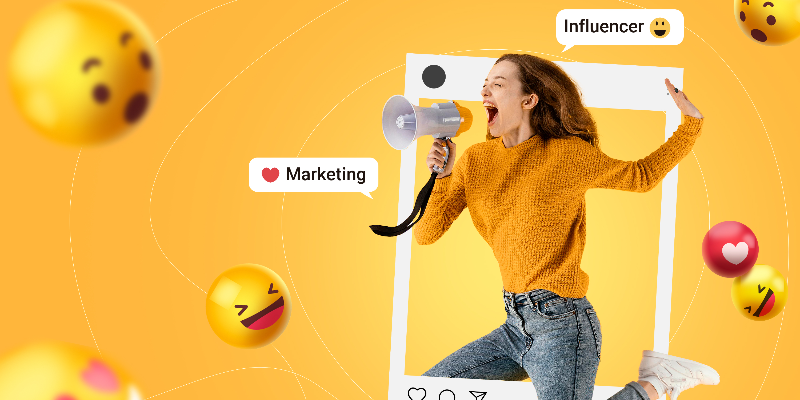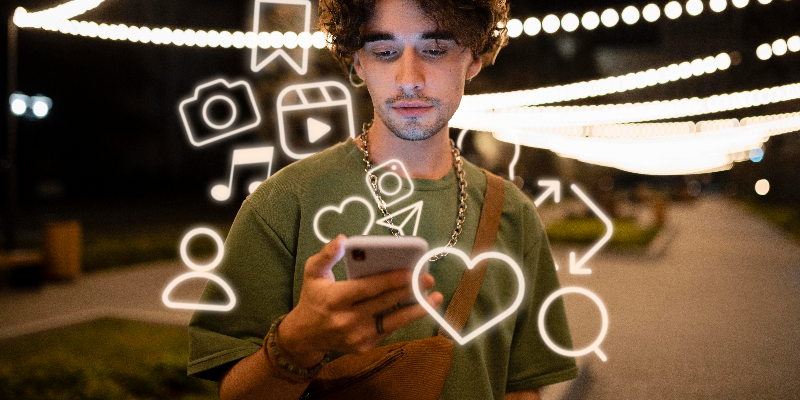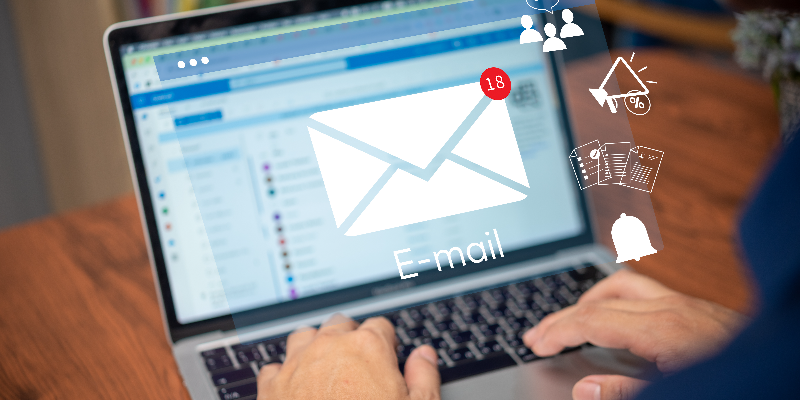

In the rapidly evolving landscape of digital advertising, influencer marketing continues to
spark debate: Does influencer marketing really work in 2025? On newer platforms, the regulations
are stricter, the influencers are being produced by AI, the audiences are more knowledgeable,
and therefore, as a brand, the questions become harsh as to the ROI, strategy, and impact.
However, here is the reality check: when completed properly, influencer marketing is still one
of the most efficient weapons in the brand toolkit.
In this blog, we are going to take a look at how influencer marketing functions in the modern world, its effectiveness, and help you decide whether it will suit your business in the year 2025 or not.
To answer does influencer marketing really work, you must first understand how it functions. Influencer marketing involves the cooperation of brands with those who have gained the trust of niche audiences. These people are known as the influencers, and they may be celebrities, content creators, experts, and micro and nano influencers.
In 2025 it is more data-driven and structured than ever before. The basic idea of influencer marketing is the following manner:
A clear goal and the correct choice of influencer are the key to the real success of influencer marketing. But the crucial question is- does influencer marketing really work?
The short answer? Yes, it can be one—but it has to be strategic. The global market of an influencer crossed more than 25 billion in 2025, which proves its further increase.
The research has demonstrated that:

So, how does influencer marketing work in real-world scenarios? Look at beauty, fitness,
technology, and fashion brands, they use influencers to show how to use their products, to
illustrate the benefits, and drum up aspiration, getting a quantifiable yield in the process.
In 2025, influencer marketing does not have to be on Instagram, so, how does influencer marketing work? Inventories of the ecosystem of influence have evolved between:
Understanding how influencer marketing operates in each of the platforms can assist the brands select the appropriate combination. To illustrate the B2B fintech product may better ROI through the work of LinkedIn influencers rather than Tik Tok stars.

If you’re asking does influencer marketing really work, you might be focusing too narrowly on sales. ROI in the influencer marketing entails:
To know how does influencer marketing work, brands need to monitor not only quantitative results (clicks, conversions) but also the qualitative perception of the brand (brand sentiment, feedback of its followers).
The mega influencers (1M+ followers) have an expensive cost, and they are usually less engaged. Forward to 2025, brands will tilt towards:
If you’re still wondering does influencer marketing really work, case studies show that micro and nano influencers are often more impactful due to their perceived trustworthiness and relatability.

On the one hand, influencer marketing is very rewarding; on the other hand, it cannot be risk-free:
These are the key pitfalls that should be considered back when assessing the process of influencer marketing operating on your brand.
The influencer marketing in India has experienced exponential growth. Every industry seems to use influencers to promote their brands to Gen Z and Millennials, whether it is a technology industry or a fashion one or a fintech sector or the education sector or even a political one.
For businesses looking to explore this strategy locally, hiring a specialized influencer marketing agency in Bangalore can streamline the process. These agencies have put in place networks, legal muscles, and operational standards to enhance ROI and cracked how does influencer marketing work.
Influencer marketing should not be done as an isolated initiative to increase returns. Combine it with:
The multi-channel strategy assists brands to deliver long-term value that exceeds the initial campaign burst.

Absolutely—if it’s goal-driven, data-backed, and audience-centric.
The key to success lies in:
So, the next time you’re debating whether influencer marketing really works, remember: it’s not a question of if it works—but how well it works when aligned with your brand strategy.